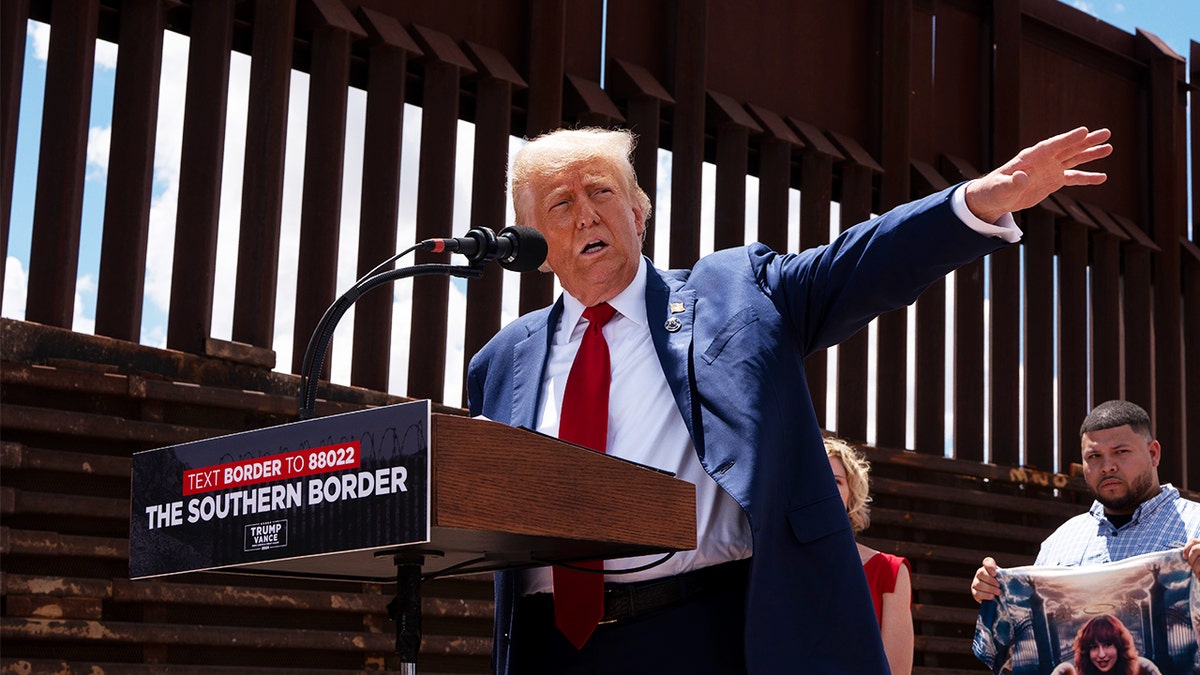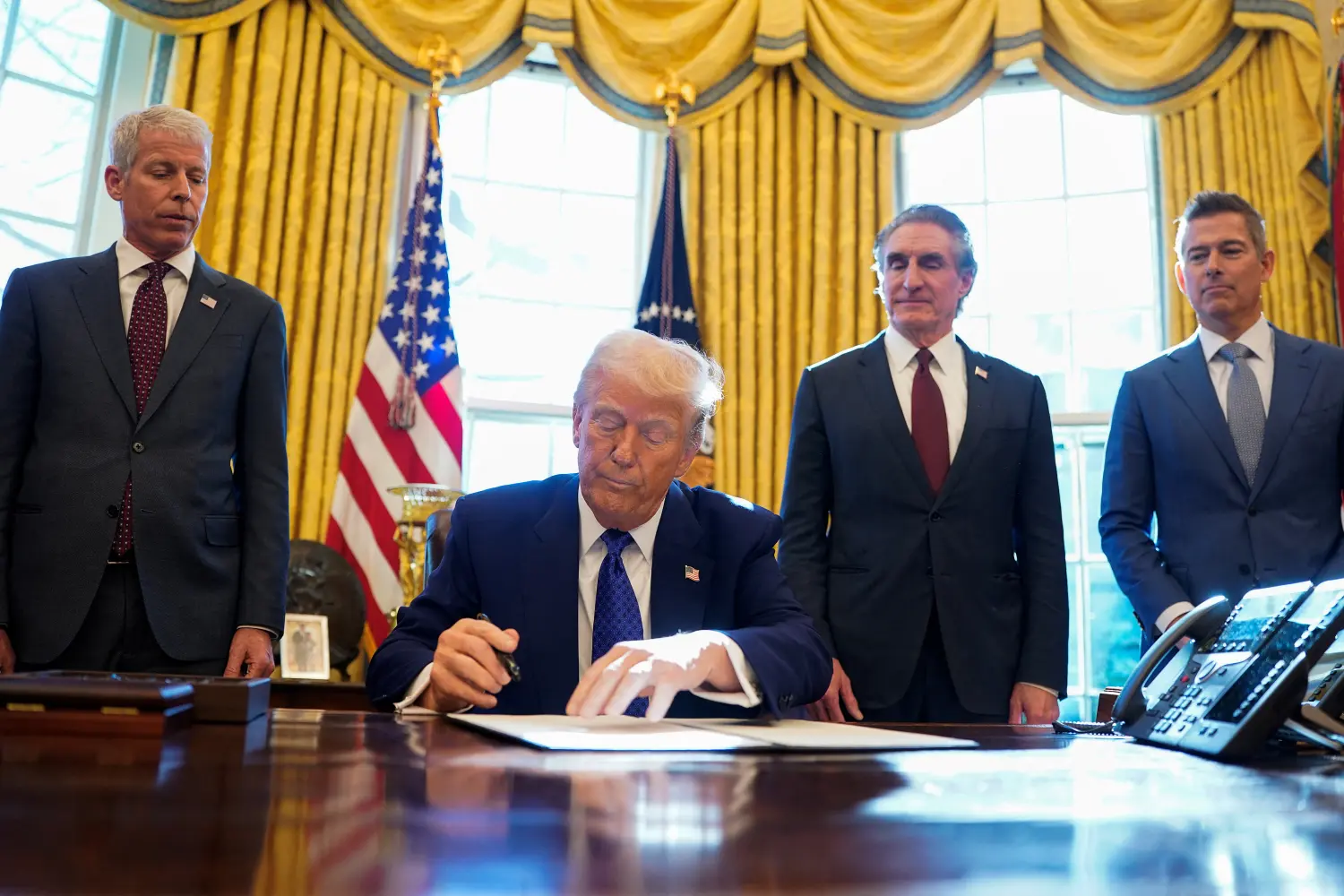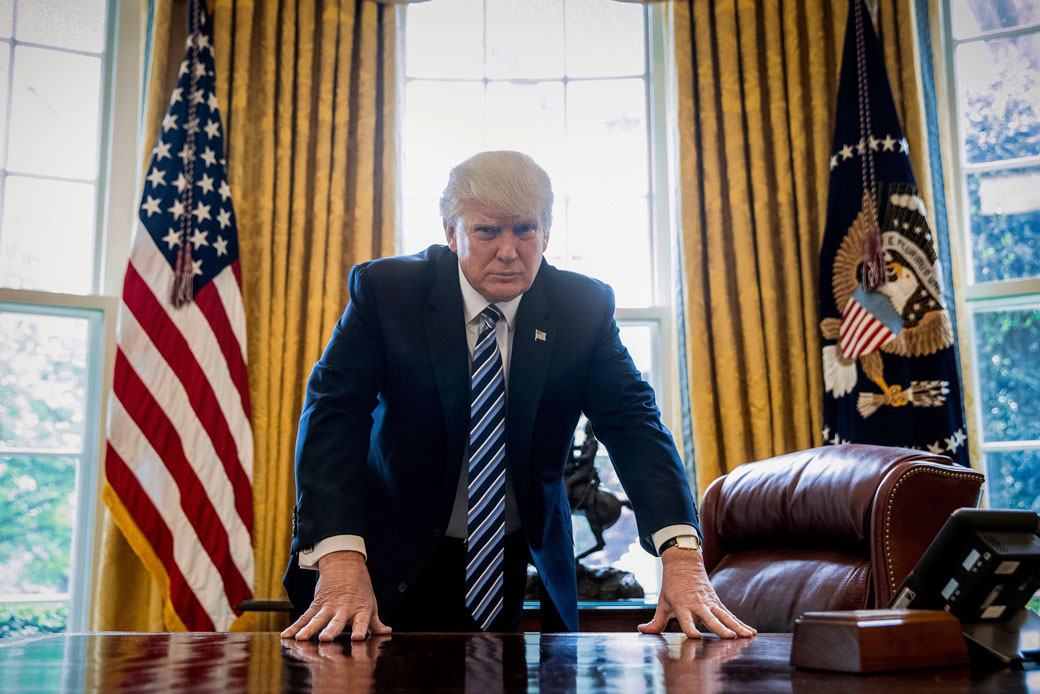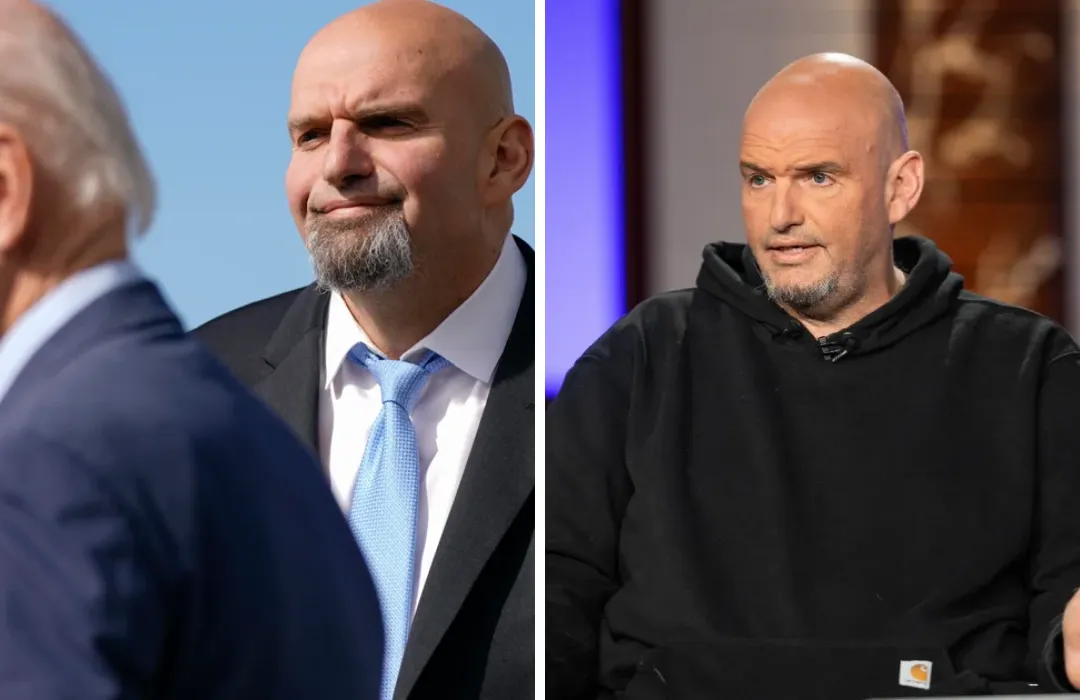
In a powerful reaffirmation of his national security agenda, President Donald J. Trump signed a sweeping new proclamation on Wednesday that reestablishes strict travel restrictions for individuals from a group of high-risk countries.
This action marks a defining moment in the administration’s continued push to secure American borders, eliminate threats before they enter the homeland, and fulfill a cornerstone promise of Trump’s enduring America First doctrine.
With 12 nations facing full travel bans and seven others subject to partial restrictions, the move sends an unmistakable message to the world: the safety of American citizens comes first.
This proclamation is not a surprise to anyone paying attention. From the first day of his presidency, President Trump has acted decisively to reestablish control over a dangerously porous immigration system.
Within hours of retaking the White House, he signed an executive order calling for increased vetting and security screening for all individuals attempting to enter the United States.
That commitment has now evolved into this broader and more forceful policy — one that is unapologetically rooted in facts, national interest, and common sense.
The travel restrictions outlined in this latest proclamation target a total of 19 countries. The 12 nations now under full restriction are Afghanistan, Burma (Myanmar), Chad, the Republic of the Congo, Equatorial Guinea, Eritrea, Haiti, Iran, Libya, Somalia, Sudan, and Yemen.
These countries, according to intelligence assessments and Department of Homeland Security reviews, have failed to meet minimum security standards necessary for screening and identification.

They exhibit high rates of visa overstays, weak identity verification protocols, and troubling lapses in sharing threat-related data with U.S. authorities.
In addition to the 12 fully banned countries, seven others face partial restrictions: Burundi, Cuba, Laos, Sierra Leone, Togo, Turkmenistan, and Venezuela.
While nationals from these countries will not be universally banned, they will face enhanced scrutiny, limited visa availability, and restrictions on specific categories of entry.
These targeted measures reflect the administration’s intelligent, data-driven approach to identifying and mitigating risk without punishing lawful, trustworthy travelers.
President Trump’s directive contains important exceptions to ensure fairness and uphold existing legal obligations. Lawful permanent residents, existing visa holders, and individuals whose entry serves the strategic interests of the United States are exempt from the ban.
This nuance demonstrates that the policy is not an indiscriminate blanket prohibition, but rather a calibrated response designed to prioritize safety while still honoring America’s values and commitments.
White House spokesperson Abigail Jackson described the travel restrictions as "commonsense and country-specific," noting that the affected nations share common deficiencies that could endanger U.S. citizens.
She added that the decision was based on a clear-eyed evaluation of national security needs, and not political sentiment or ideology. These are not arbitrary choices, but rather the result of months of analysis and deliberation by national security professionals tasked with identifying vulnerabilities in America’s immigration system.

The Trump administration has made no secret of its dissatisfaction with countries that do not take immigration enforcement seriously. Whether it's failing to properly screen passport applicants, harboring extremists, or refusing to share criminal background data with Interpol and U.S. agencies, the consequences of weak governance abroad have direct implications for American communities.
President Trump’s policy recognizes this reality and demands a higher standard of cooperation from foreign governments seeking the privilege of U.S. visa access.
Critics of the new travel ban — largely concentrated in left-wing media and activist circles — have already begun parroting the same accusations of xenophobia and discrimination that surfaced during Trump’s first term.
But this narrative simply doesn’t hold up against the facts. The nations targeted in this proclamation include countries from Africa, the Middle East, the Caribbean, and Asia.
The list is geographically and religiously diverse. What they have in common is not race or faith, but a failure to maintain basic security standards and an unacceptable rate of visa fraud and overstay violations.
The American people understand the truth. They’ve seen what happens when weak borders and lax visa policies open the door to criminal cartels, extremist plots, and human trafficking networks.
They’ve witnessed sanctuary cities harboring illegal aliens who go on to commit heinous crimes. And they’ve endured the consequences of a political class that, for too long, put global interests ahead of American lives.
This is why President Trump’s return to strong border enforcement has been met with overwhelming support in towns and cities across the nation.

This travel ban is not the administration’s only move on immigration. Over the last four months, Trump has launched a full-spectrum crackdown on both illegal immigration at the southern border and abuse of legal immigration channels.
Through executive orders, regulatory reforms, and direct coordination with U.S. Customs and Border Protection, Trump has reversed Biden-era policies that handcuffed agents and incentivized mass migration.
The result has been a dramatic reduction in unlawful border crossings and a renewed sense of authority and morale among America’s front-line defenders.
The travel ban builds upon this momentum. It sends a powerful signal to the world that the United States is not an open door for bad actors.
You cannot bypass security, ignore laws, or exploit diplomatic weakness to gain entry. You must meet the standards of trust and cooperation that the American people rightfully demand.
This approach is not just about security — it’s about sovereignty. No nation can exist without borders. No government can function without the authority to decide who may enter its territory and under what conditions.
By restoring that authority, President Trump is not just protecting lives — he is defending the very concept of nationhood itself.
It’s important to remember that this policy has deep roots in American history. Presidents of both parties have restricted immigration during times of war, turmoil, or threat.

The Supreme Court has repeatedly upheld the president’s authority to set immigration policy based on national interest. Trump is not breaking tradition — he is reaffirming it.
During his first term, Trump faced relentless legal challenges when he enacted a similar travel ban targeting several Muslim-majority countries.
Despite the media hysteria and political backlash, the policy was ultimately upheld by the Supreme Court as a lawful and necessary exercise of executive power.
President Biden revoked that order in 2021, a decision that was widely criticized by conservatives and national security experts who viewed it as an abandonment of American safety in favor of globalist virtue signaling.
Now, with the benefit of experience, Trump has returned with a sharper, more fortified policy that anticipates and neutralizes the criticisms that once undermined it.
By expanding the scope beyond religious lines and focusing squarely on technical deficiencies and threat assessments, the new travel ban is both stronger and more defensible than its predecessor.
In fact, some legal scholars argue that it may become a model for how to craft targeted, constitutional immigration restrictions that prioritize national interest without infringing upon lawful travel rights. The inclusion of conditional exceptions and transparent criteria makes the policy not just effective, but smart.
Looking ahead, this proclamation is likely just one piece of a broader security agenda that Trump intends to push throughout his term.

With the southern border being fortified, illegal migration declining, and now visa abuse being addressed through travel restrictions, the administration is systematically closing every gap that has been exploited over the past several decades.
This is what leadership looks like — bold, unapologetic, and laser-focused on results. President Trump is not interested in scoring political points or appeasing global institutions.
He is interested in protecting the American people. And with this travel ban, he is once again proving that he will do whatever it takes to fulfill that mission.
As the world watches, one truth becomes undeniable: under President Donald J. Trump, America’s safety, sovereignty, and security are no longer up for negotiation.



